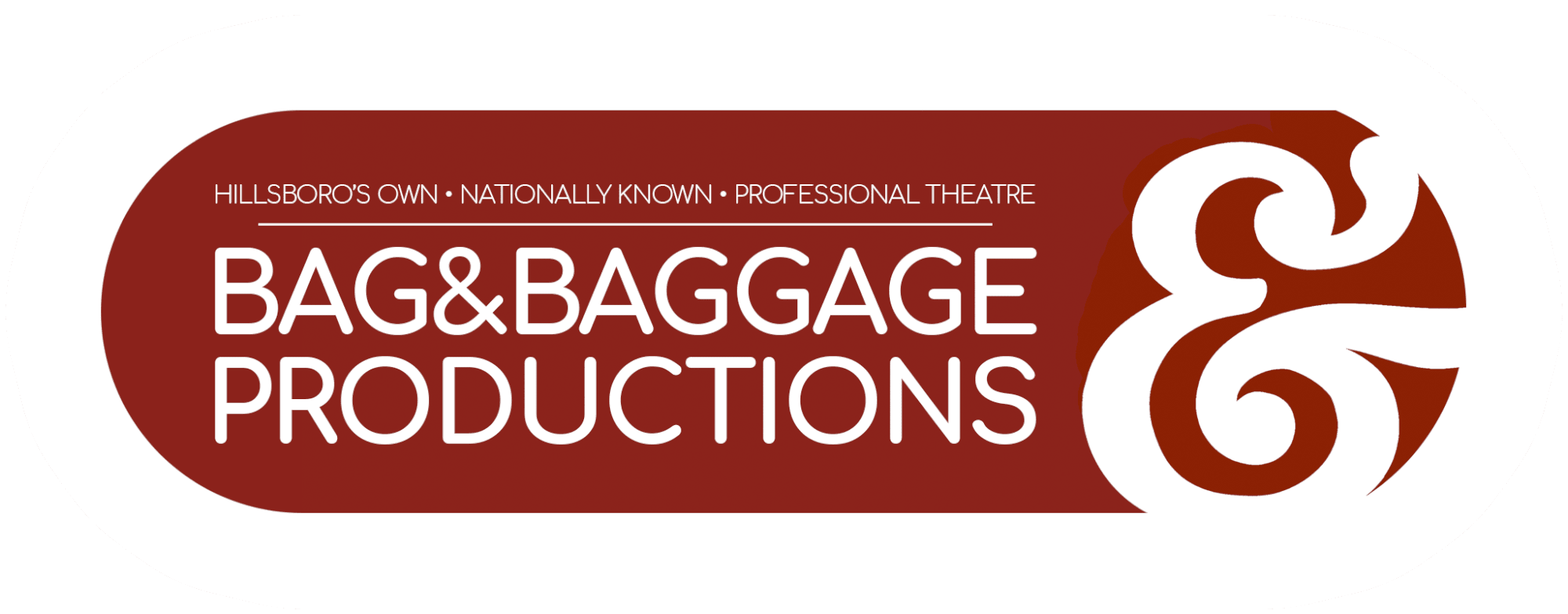- Skip to primary navigation
- Skip to secondary navigation
- Skip to main content
- Skip to primary sidebar
Oppressor/Oppressed- Colin Wood Blogs on OCG
Oppressor and Oppressed: Playing Both Ends of the Spectrum
 I’m not going to sugarcoat it. This play is hard. I went home from the first read through, curled up in my tub, started blubbering like someone had just killed my favorite puppy (Lennie!), and shouted “Why, God, why!” at the top of my lungs.
I’m not going to sugarcoat it. This play is hard. I went home from the first read through, curled up in my tub, started blubbering like someone had just killed my favorite puppy (Lennie!), and shouted “Why, God, why!” at the top of my lungs.
Well, not really, but the thought crossed my mind. The acting challenges presented by Our Country’s Good are somewhat daunting, beginning with the varied dialects and ending with the difficulty of sustaining an audience’s interest in spite of an episodic play structure in which narrative movement is less important than character development (cue Aristotle rolling over in his grave). In other words, if the acting sucks, this play is going to put more people to sleep than a crate of Ambien.
So, where to begin? On closer examination, Our Country’s Good is full of contrasts: soldiers/convicts, rehabilitation/punishment, and oppressed/oppressors are just a few of the dichotomies presented in this work. Since most of the actors in this production are playing multiple characters, identifying and portraying the inherent contrasts between these characters seems like a good starting point. Dialect actually helps with this process, as I am playing a Scottish Royal Marine and an Irish convict tasked with the lovely job of hanging his fellow prisoners (talk about job security).
Each character definitely needs a different vocal attack, not only in terms of dialect but also pitch, resonance, and volume. One of the overriding themes of the play, according to the director, is the examination of how our bodies are affected by methods of control and the level of freedom granted to us by our social standing.
What this means to me as an actor is that the physical characteristics of both my characters are vastly different, so deciding how these characteristics are manifested will go a long way towards differentiating each character in the mind of the audience member. During our table work, we discussed Wertenbaker’s use of traditional theatrical archetypes in her play. By identifying which of these tropes applies to each of my characters, I can create a platform from which to launch the development of each character.
This where the real fun work begins; I start the beginning of the rehearsal process playing the “cruel overlord” and the “leper.” The extent to which I subvert and explore these archetypes during rehearsal will define the arc of each character’s development.
So that’s settled. I have a plan of action and an interesting challenge ahead. What is most fascinating to me about this project is the opportunity to play both ends of the oppression spectrum, that of the abused and the abuser.
It is a wonderful exercise in empathy, an ideal exploration of what it feels like to walk in another’s shoes and how the art of theatre is instrumental in transforming and humanizing our world view. I know, easier said than done.
To use two of my favorite Scott Palmerisms, “theatre is real real hard” and “good luck with that.”
Colin Wood
Bag&Baggage Resident Acting Company

Reader Interactions